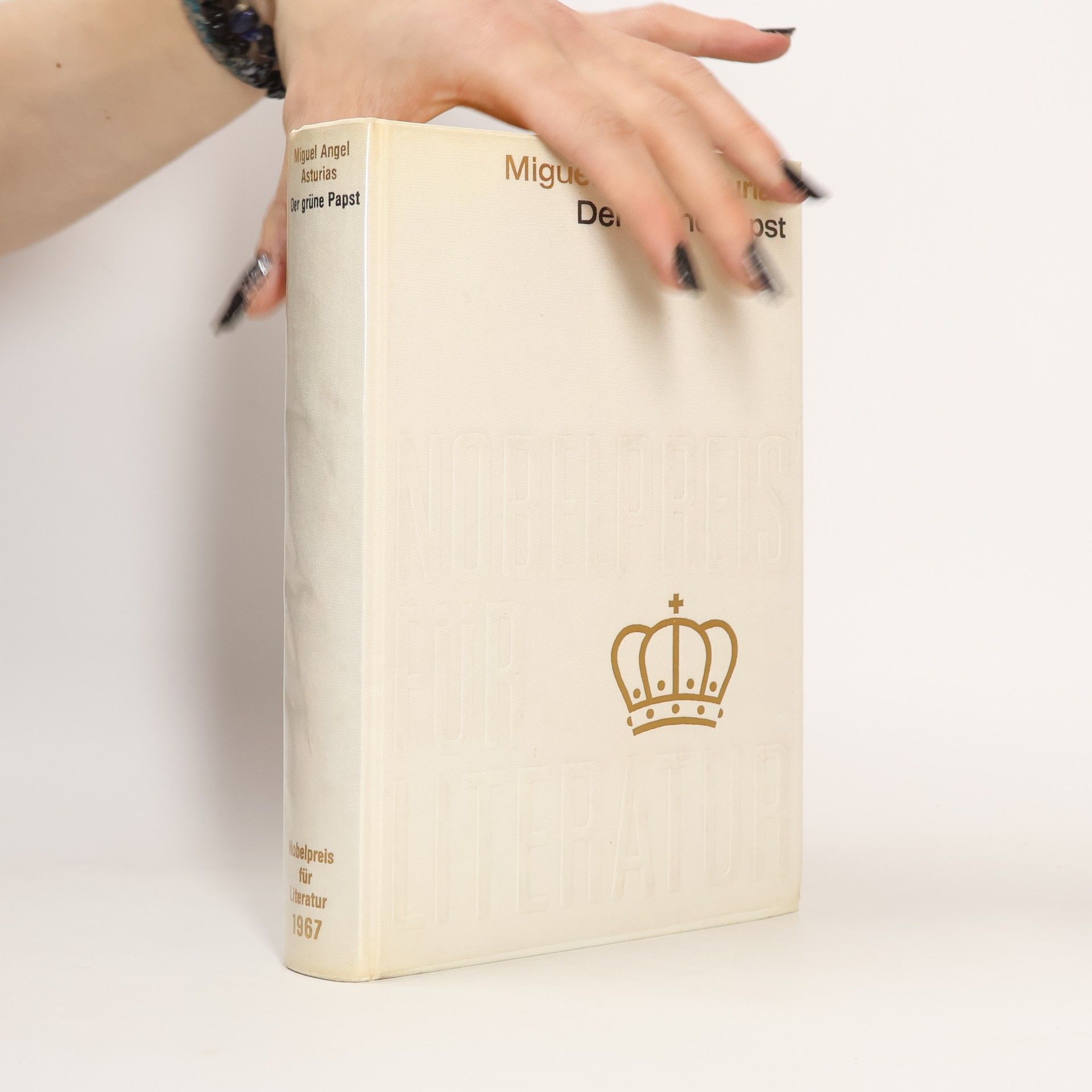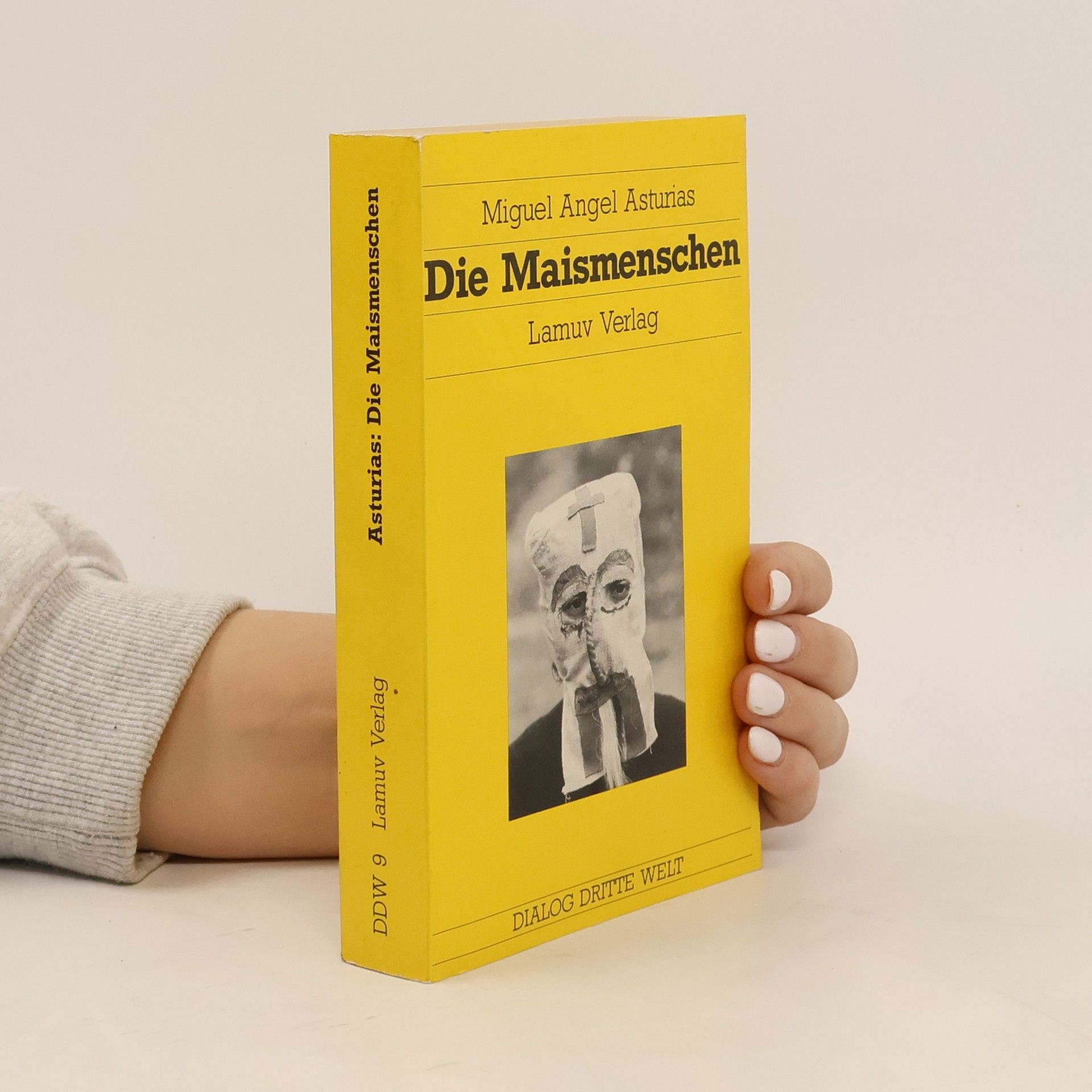Miguel Ángel Asturias Livres
Miguel Ángel Asturias fut un poète, romancier et diplomate guatémaltèque dont les écrits mêlent avec art le mysticisme maya à une impulsion épique de protestation sociale. Son œuvre est profondément ancrée dans la lutte contre les dictatures et l'injustice, le contraignant souvent à vivre en exil. Asturias entrelace habilement le folklore avec des représentations réalistes des problèmes sociétaux, créant un paysage littéraire unique qui reflète sa patrie. Son écriture témoigne du pouvoir des mots comme outil de résistance et de préservation de l'identité culturelle.

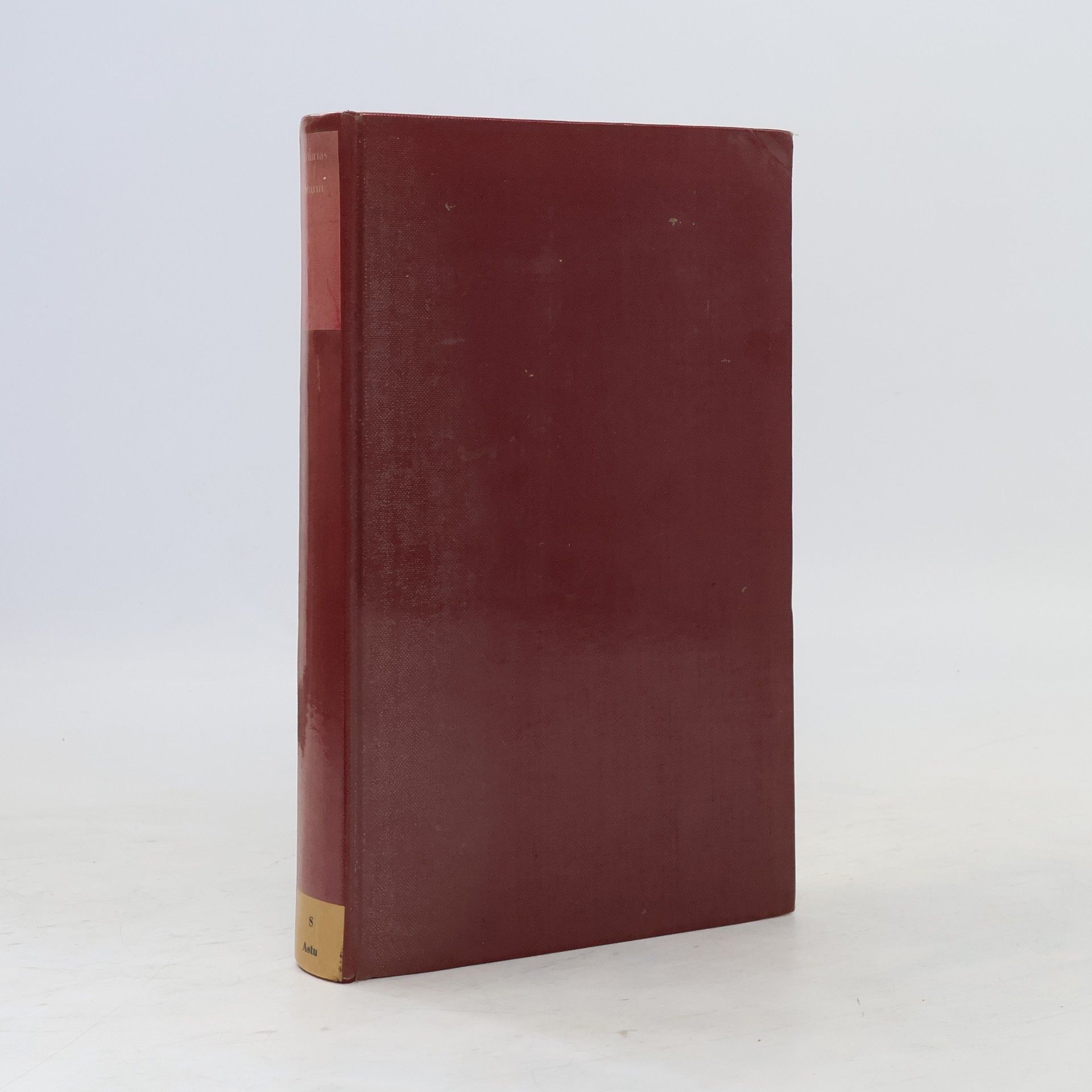
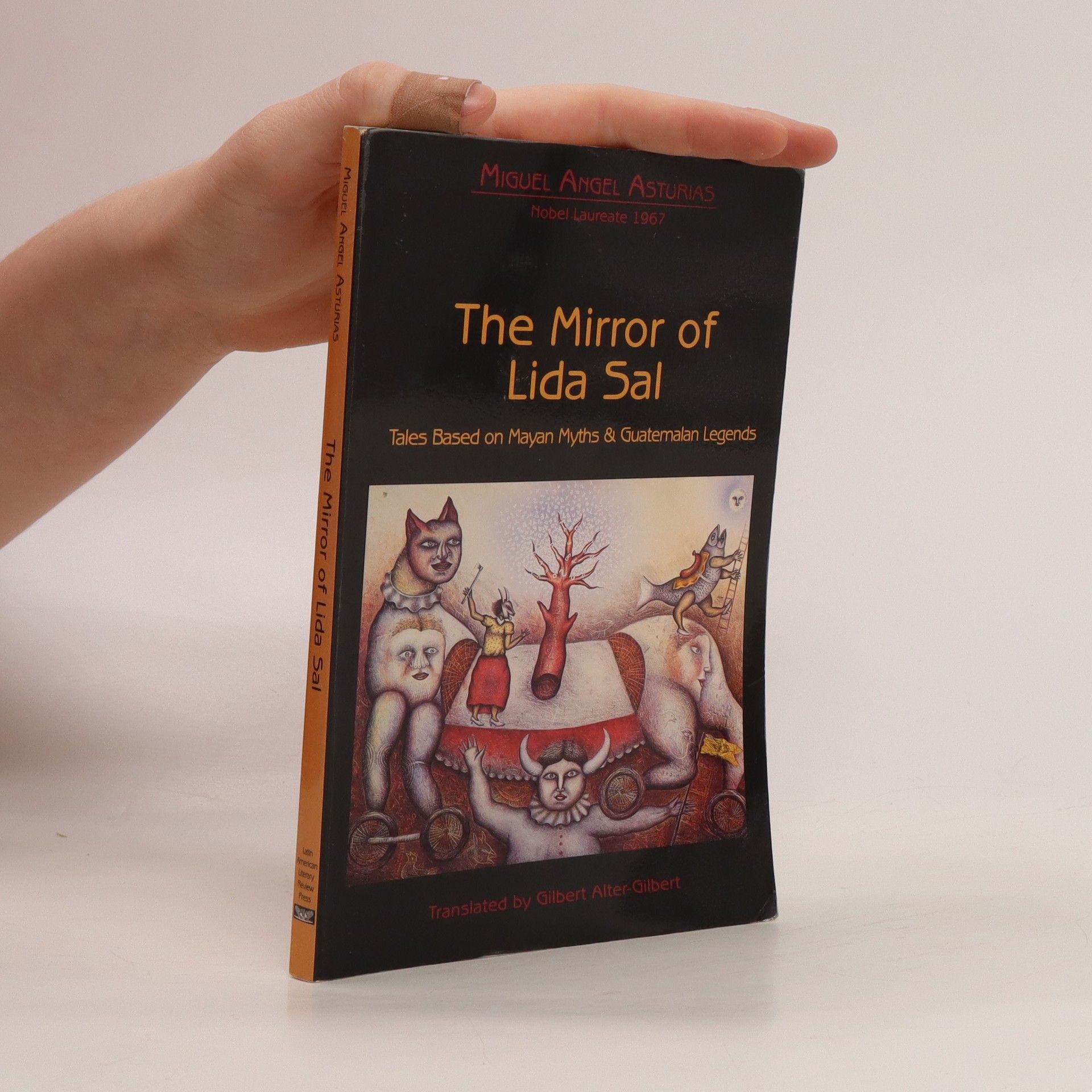


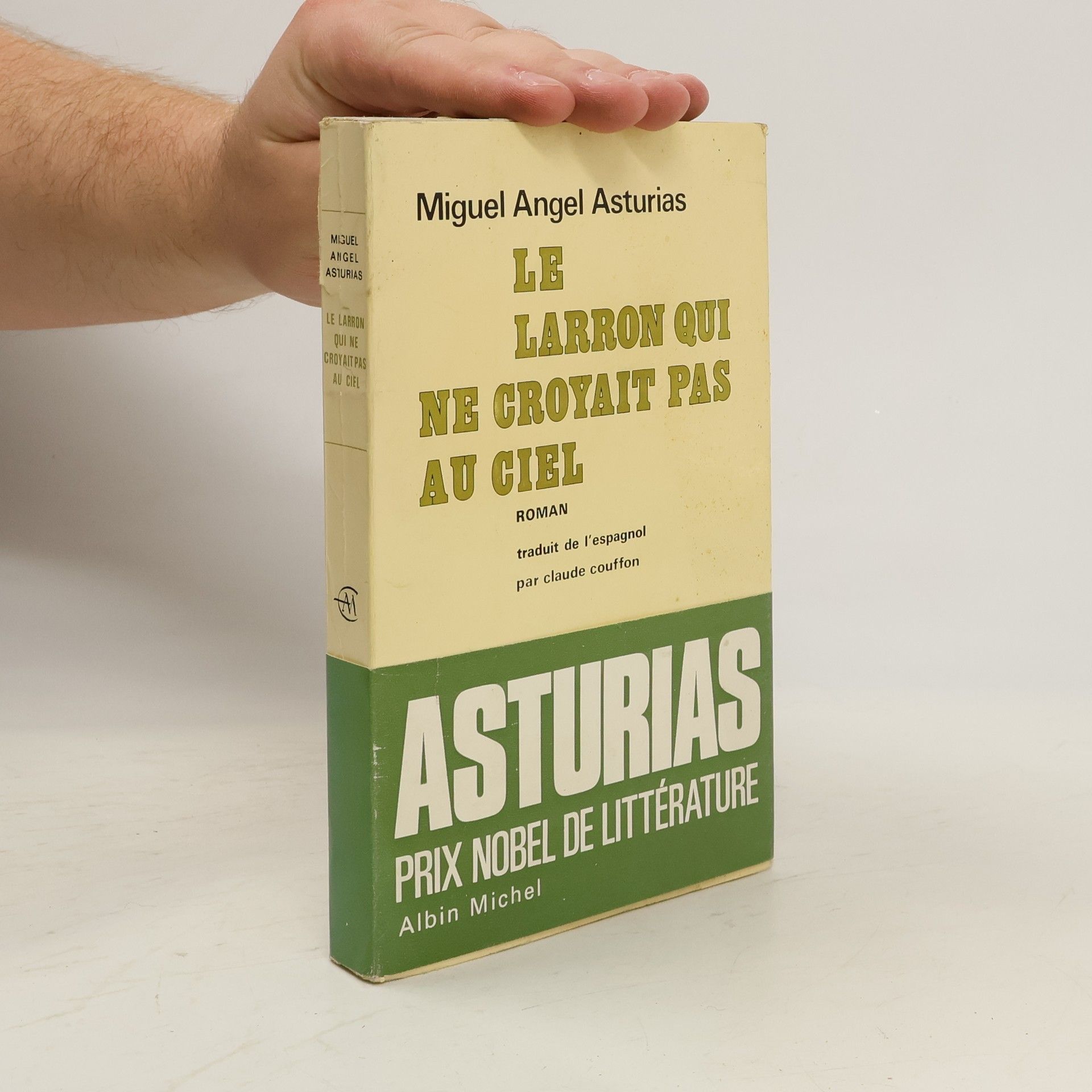
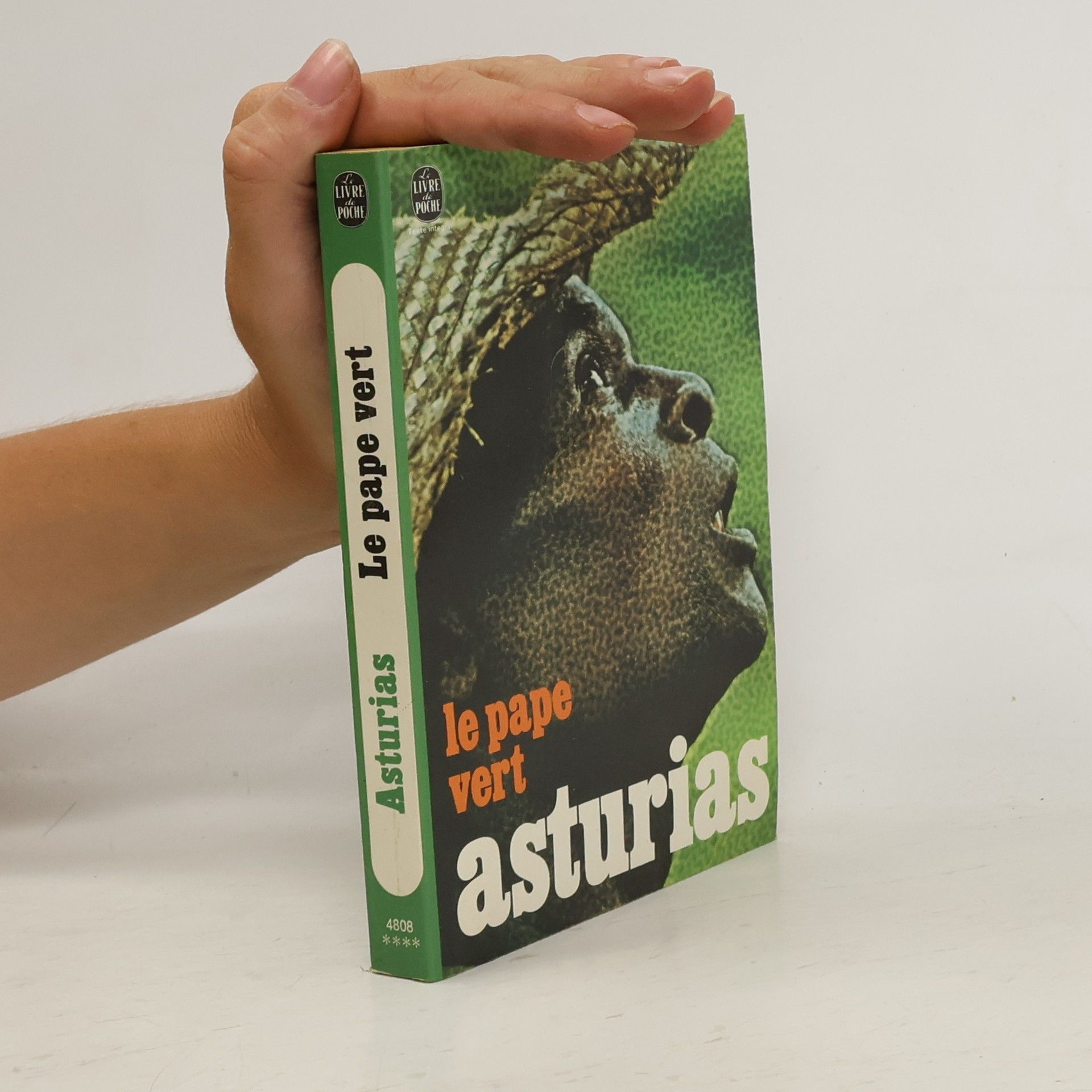
Men of Maize
- 384pages
- 14 heures de lecture
Set in the mountain forests of Guatemala, the story follows a community of Indigenous Mayans, the 'men of maize,' who fiercely defend their sacred corn crops from encroaching outsiders. This conflict escalates into a bloody struggle to preserve their culture and land. Blending history with mythology, Miguel Ángel Asturias's evocative narrative serves as a poignant warning about the dangers of losing ancestral wisdom and the environmental devastation driven by colonialism and capitalism.
The President
- 287pages
- 11 heures de lecture
Guatemalan diplomat and writer Miguel Ángel Asturias (1899–1974) began this award-winning work while still a law student. It is a story of a ruthless dictator and his schemes to dispose of a political adversary in an unnamed Latin American country usually identified as Guatemala. The book has been acclaimed for portraying both a totalitarian government and its damaging psychological effects. Drawing from his experiences as a journalist writing under repressive conditions, Asturias employs such literary devices as satire to convey the government’s transgressions and surrealistic dream sequences to demonstrate the police state’s impact on the individual psyche. Asturias’s stance against all forms of injustice in Guatemala caused critics to view the author as a compassionate spokesperson for the oppressed. My work,” Asturias promised when he accepted the Nobel Prize for Literature, “will continue to reflect the voice of the people, gathering their myths and popular beliefs and at the same time seeking to give birth to a universal consciousness of Latin American problems.”
"First English-language edition of El espejo de Lida Sal (see HLAS 30:3268), in which the Nobel laureate melds Mayan and Guatemalan myth and folklore in 10 stories whose hallucinatory prose challenges the reader. 'Everything unfolds in a land of natural dreamscapes ... The imagination reels.' Although lacking a table of contents and translator's note, the superb translation recommends the work for classroom use"--Handbook of Latin American Studies, v. 58
Wie wird Geo Maker Thompson, ehemals Pirat in karibischen Gewässern, zum Bananenmagnaten, zum gefürchteten und bewunderten "Grünen Papst"? Er muß sich an der Börse von Chicago und in den Wolkenkratzerbüros der Stadt, in denen über die Anteile an der Bananenproduktion und -vermarktung und damit über Krieg und Frieden in der südlichen Hälfte des Kontinents entschieden wird, ebenso durchsetzen können wie in der lateinamerikanischen Bananenrepublik, die er bald vollständig unter Kontrolle hat.
V tomto románe autor pôsobivou formou zobrazil históriu novodobého boja o banánové oblasti v Karibiku. Hlavnou postavou je mladý dobrodruh Geo, pirát a pašerák, neskôr plantážnik a samozvaný vládca. Jeho život je však tragický, pretože nie je naplnený osobným šťastím. Jeho snúbenica sa odmieta zaňho vydať, volí radšej smrť, neskôr sa ožení s jej matkou, ktorá však pri pôrode zomiera. Ani osud jeho dcéry nie je ľahký.
Dielo nositeľa Nobelovej ceny za literatúru v roku 1967 – kniha noviel Víkend v Guatemale (1956) a román Pán prezident (1946).
